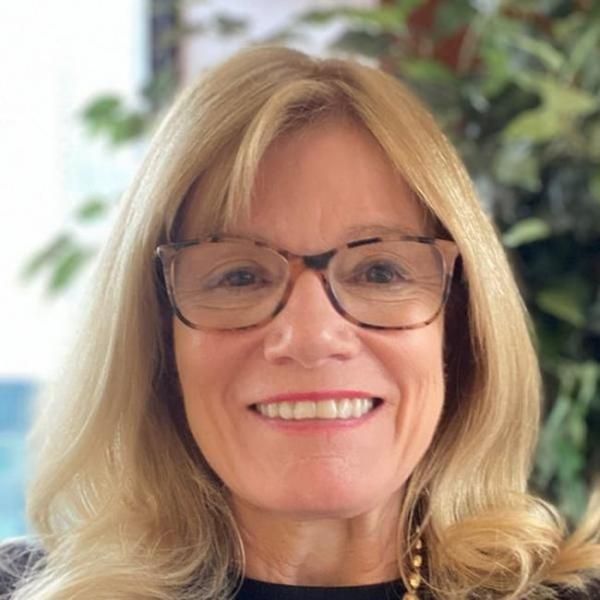Kevin Crain discusses solutions to the four retirement challenges employees face
This article is the sixteenth in a weekly joint series on “The COVID-19 Pandemic and the Future of Aging” from the Milken Institute Center for the Future of Aging and Next Avenue. The articles are Q and As with thought leaders in fields ranging from health care to retirement planning to work to intergenerational relationships.
In the midst of the COVID-19 crisis, what can older adults do to enhance retirement security?
There are four challenges for individuals impacted by the COVID crisis, and each has its own solution.
First and foremost, there is the risk of forced, early retirement. This is a reality for workers facing job losses due to corporate consolidations and decreased demand in certain industries, such as airlines and manufacturing. No matter how close they are to the end of their careers, older workers need to make sudden shifts in their retirement plans when faced with early departure from the workforce.
The second area is health care, which already puts significant financial strain on older adults. In the short-term, many workers facing early retirement will lose their health insurance coverage before becoming eligible for Medicare. Even those eligible for Medicare must budget for high out-of-pocket health expenses. According to Bank of America, in retirement, a 65-year old couple will need $296,000 to cover their out-of-pocket health-care costs, and those costs have risen by 23 percent since 2016. COVID-19 only makes this a bigger concern.
Third is the issue of sustained income in retirement. Whether it’s having a smaller nest egg due to losing a job or filing for Social Security earlier than expected and reducing monthly income, many older adults will need to adjust plans for their longer lives. Spending habits may change. Even those relying on investments will be impacted, since market fluctuations and low interest rates affect the amount of and return on savings.
Finally, there is the question of where to live. Older adults often go through a process of downsizing and moving to densely populated retirement and assisted living communities. But the fear of COVID-19 transmission is causing people to go the other direction now, remaining in homes and areas that may not be able to meet their future needs. This could put them at risk for social isolation and lack of accessible care.
These four challenges are fundamentally changing how we manage wealth planning. How we formulate investment strategies must incorporate the new norms in interest rates, contingencies for early retirement, and a better understanding of the income variables. Understandably, retirees and pre-retirees are especially interested now in how COVID-19 will impact Social Security and Medicare decisions.
How can financial institutions support retirees during a time when markets are fluctuating, fraud is increasing, and physical and emotional well-being are at risk?
There is a connection between emotional, physical, and financial well-being. Our industry can no longer just focus on an individual’s wealth. We collaborate with companies to support their older workers through education about the interconnection of those three areas.
Companies are reforming their benefit plans, no longer separating health care from other aspects of their offerings. We recently offered a webinar on the topic with hundreds of companies in attendance. Years ago, this topic would have attracted little interest.
The use of data also enables the development of more specific, targeted education tools for employers. There are key lenses to consider related to gender and age. In particular, women disproportionately serve as caregivers, impacting their retirement savings, and strategies are needed to compensate for this.
From a wealth management perspective, we need to build a greater understanding of longevity, beyond just age and savings. It’s critical that advisers engage families, not just individuals, in the process.
Institutionally, we need to address the immediate needs of everyday life through programs that reinforce strategies for financial wellness, from handling delays in credit card or mortgage payments to avoiding digital fraud.
The digital banking shift creates opportunities and challenges. By evolving to work in multigenerational teams to understand families and having broader discussions with clients on overall wellness, financial services firms can meet changing needs.
In the long term, what can we learn from COVID-19 that can advance policies, practices, and behavioral changes to bolster financial wellness?
There are many ways we can grow from this experience.
In the process of supporting older, non-retired workers, the federal government proved that retirement plans are a versatile solution during a crisis. Improved accessibility to funds and eliminating penalties for withdrawals from retirement plans due to financial emergencies gave a lifeline to those who took advantage of it. However, less than 10 percent of individuals pulled money from these accounts.
Information about these types of programs needs to be more readily available for people. As more people understand how they can use these tools, they can make decisions and prioritize needs for both the short- and long-term, and better address personal financial issues.
We can also be more aware of our financial needs in retirement. That means a better understanding of not just how much income is required to live comfortably in retirement, but what to expect for health-care expenses, as well. More individuals now realize the impact of unexpected illness or chronic conditions and want to be prepared.
Companies, similarly, feel the need to proactively help their employees reach their goals. In the last 10 years, the number of companies that feel they are responsible for their employees’ financial wellness increased dramatically, from only 13 percent to more than 60 percent, according to Bank of America.
We are, as an industry, increasing knowledge and offerings for financial tools to address these concerns and developing strategies that help clients of all types be prepared for a variety of needs and circumstances.





